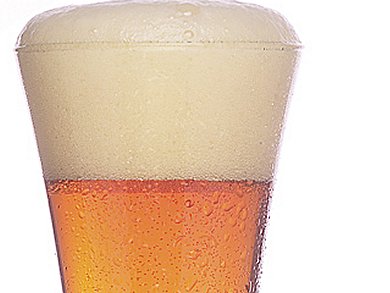Mehmet Coelhan and colleagues, Technische Universität München, Munich, Germany, analyzed 140 samples of German beer for heavy metals. They found almost always arsenic; some beers contained higher arsenic levels than the 10 µg/L World Health Organization legal limit for drinking water. As less beer than water is consumed, this should not lead to a health risk according to the researchers.
Analysis revealed that the arsenic was released into the beer from the filtering material kieselguhr, or diatomaceous earth, used to remove yeast, hops, and other particles and give the beer a crystal clear appearance. Diatomaceous earth consists of fossilized remains of diatoms, a type of hard-shelled algae that lived millions of years ago. It finds wide use in filtering beer, wine and is an ingredient in other products.
Since the study was released, levels of arsenic found in beer are decreasing. Substitutes for kieselguhr are available and simple measures like washing kieselguhr with water can remove the arsenic before use.
- Reported at the 245th National Meeting & Exposition of the American Chemical Society
More from the ACS Meeting:




